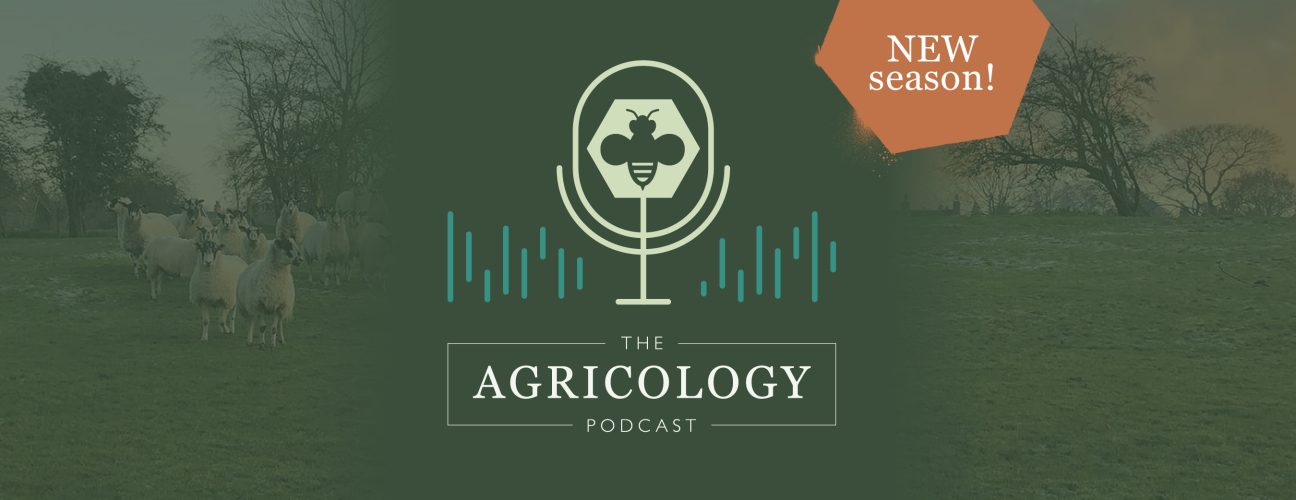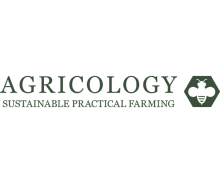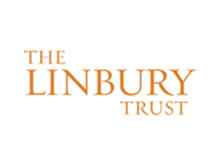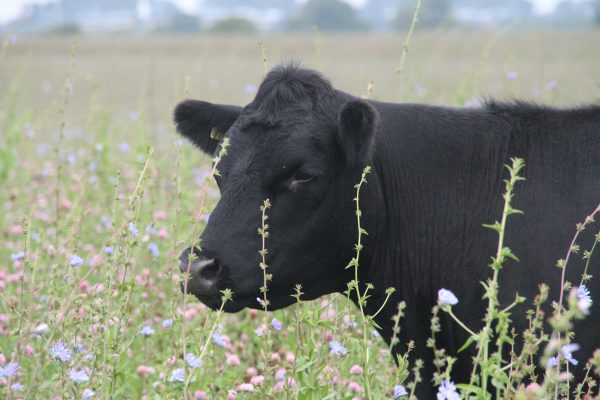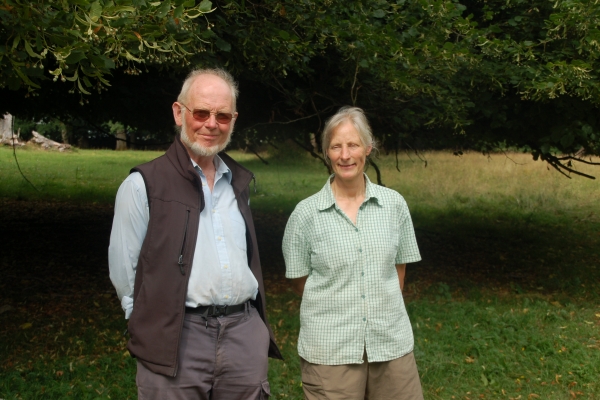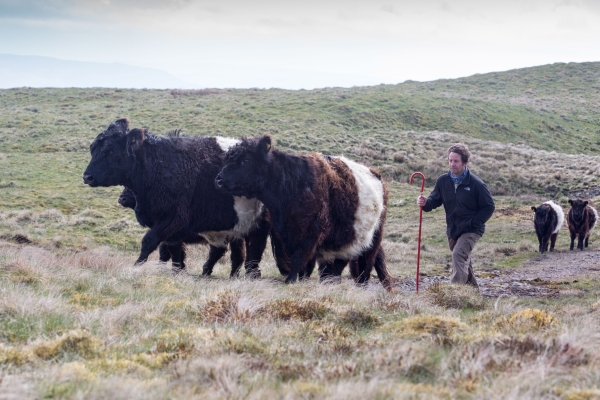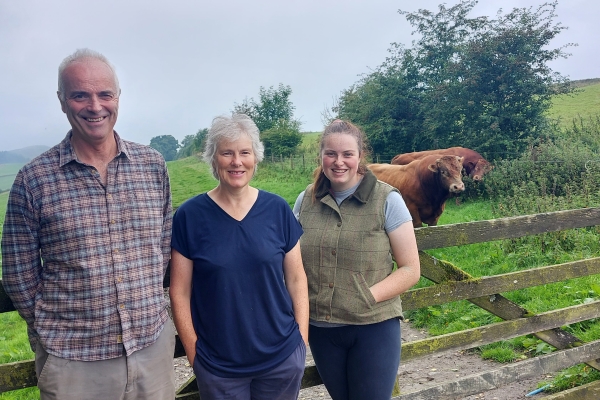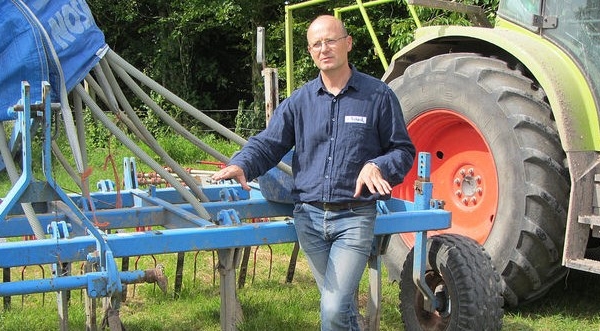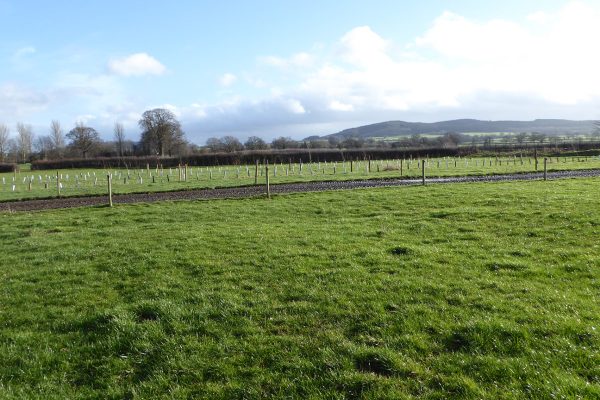Optimal Carrying Capacity – Agricology Podcast
Project Background
Optimal carrying capacity… what does it mean? How is it relevant? What are the influencing factors? The practical, the philosophical, and the pertinent… This new Agricology podcast series sets out to explore the concept of optimal carrying capacity for livestock, relating to the health of the animal, the farm, and the environment.
Over the course of several months in 2024, Agricology’s project manager Matt Smee and content editor Janie Caldbeck explored the idea of what optimal carrying capacity is and what it means to different members of the agricultural community working with livestock. In the resulting 8 episodes, farmers share their practices and approaches towards managing livestock, researchers and vets put forward what they see as being important factors within the discussion, and we hear from advisors and industry figures who have an understanding of diverse and resilient practices that can be integrated on farms to support optimal carrying capacity.
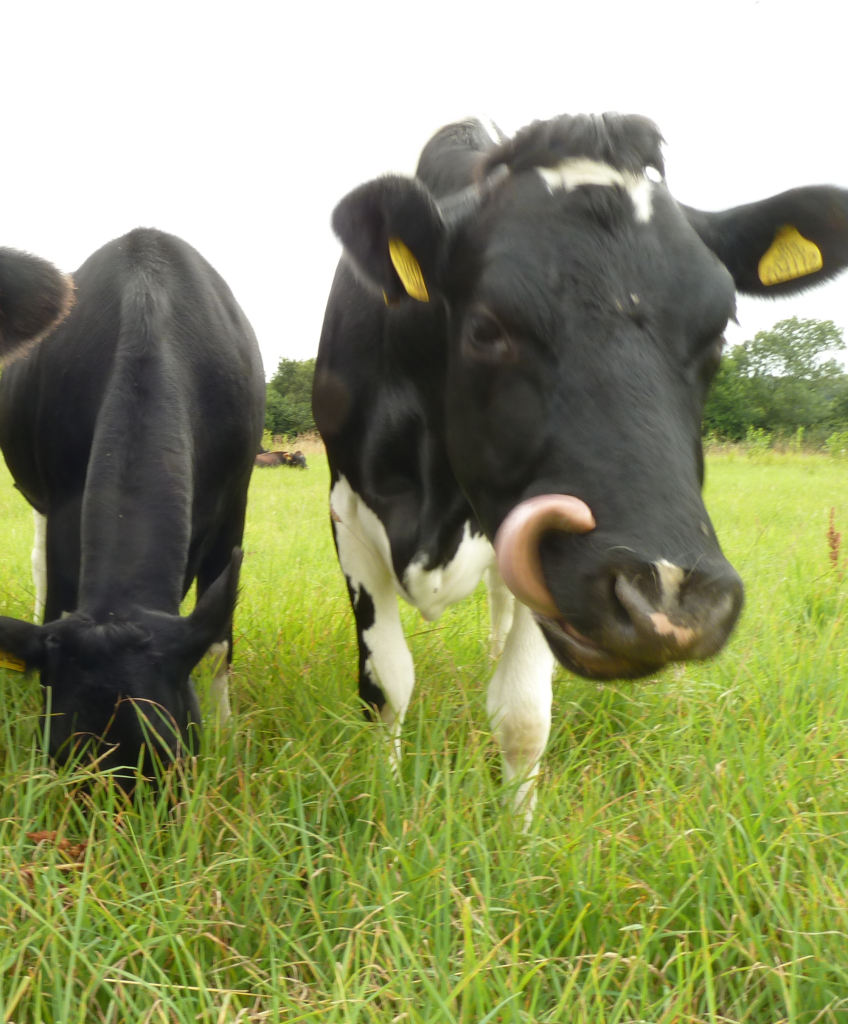
Aims & Approach
The series sets out to challenge and explore the following threads:
- The meaning of optimal carrying capacity and why it is important
- The role livestock play within the landscape and the benefits / impacts they can have from an ecological perspective
- The practices that are being used on-farm to support optimal carrying capacity
- The emissions factor – how do different groups see this? How confusing is the science and messaging around livestock and emissions?
- How do emission factors affect decision making related to carrying capacity and what are the frustrations with the characterisation of livestock?
- Factors beyond emissions – cultural, community and nutritional importance
- Pressures coming from the supply chain that affect management approaches, and support or conflict with the idea of optimal carrying capacity
- The challenges faced when trying to adopt practices that support optimal carrying capacity
- How can approaches be used to optimise carrying capacity support animal, ecological and farm health?
- How can approaches be used to optimise carrying capacity support farmers workload and mental health?
- Challenges on the horizon and plans afoot to work around them whilst still managing livestock optimally
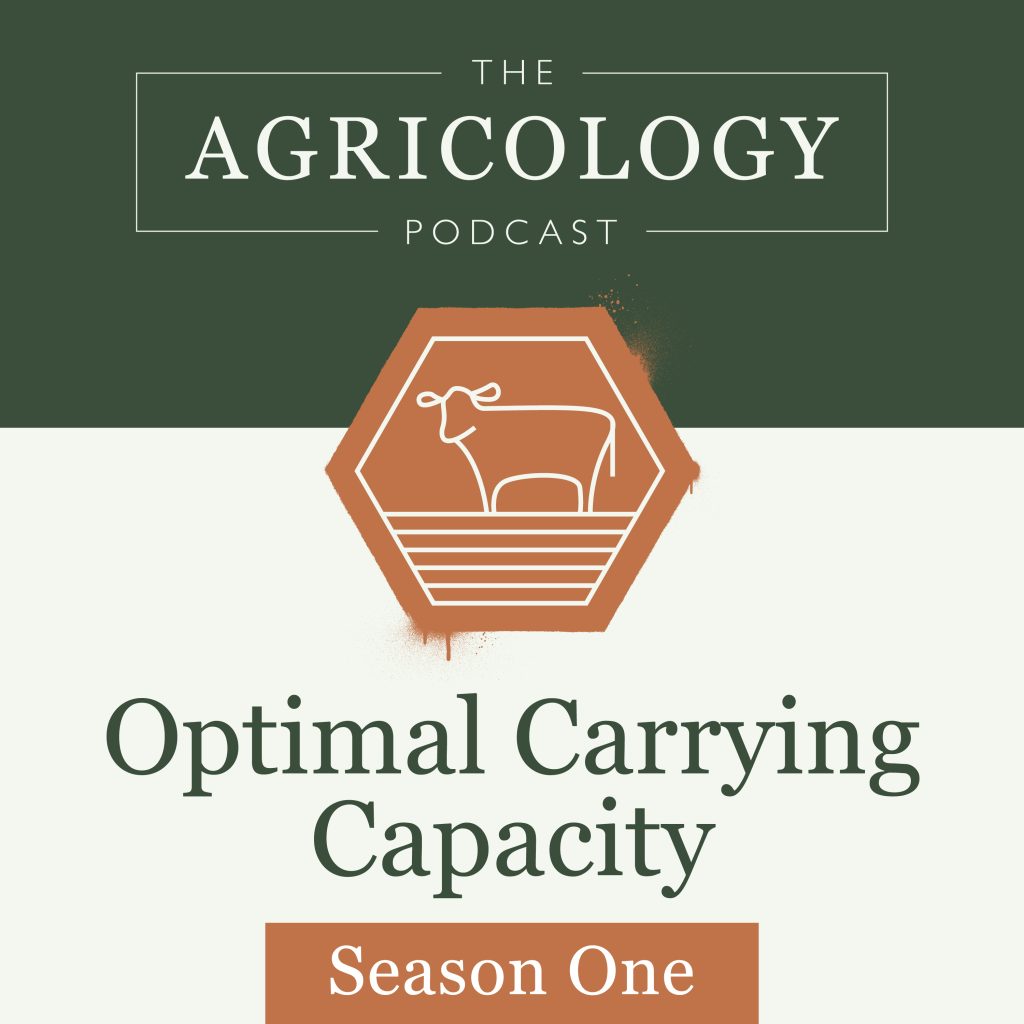
Project outputs
Explore each of the episodes below…
Latest episode
Episode 4
In Conversation With Bill Grayson
In this fourth episode we are joined by renowned conservation grazier Bill Grayson who brings us his perspective on the concept of optimal carrying capacity and the way that it is deployed within the system he and his wife Cath run as part of the Morecambe Bay Conservation Grazing Company. He discusses how they go about planning putting animals on to a piece of land, the various practical considerations, and the role livestock play and the benefits they can bring to the land, along with the main challenges in relation to the conservation grazing picture, with the pervading opinion that ruminants are causing climate change. We touch on the impacts of stocking rate, forage management, breed selection, extended calving period, the set stocking versus mob grazing approach, the importance of balancing ecological health, and the difference between ‘maximum sustainable output’ (essentially an economic interpretation) and optimal carrying capacity, and how it fits with agroecological principles.
“I accept that if you manage it in one way, the vegetation changes, and that may alter the carrying capacity, so there is some difficult questions about which way you want to direct it according to the management you apply… but I’ve always been comfortable with the idea that there is a carrying capacity … it’s quite clear with the way that we farm that we have to stay within that, and possibly below it, for it to deliver the nature conservation objectives and there are obviously financial implications in doing that…”
Listen to the episode here
Show notes: Read about the Chillingham cattle Bill refers to here. Access the ‘Less is more’ RSPB, National Trust and The Wildlife Trusts report (which explores economic resilience) here. Find out information about the ‘Farming for Change’ model Bill refers to (developed firstly in Europe and adapted to the UK context by the Food, Farming and Countryside Commission) here. And finally, another interesting read recommended by Bill: UK Farming and Land Use: Addressing the Climate and Ecological Emergencies while Supporting Farmers
Explore other Agricology podcasts here
Episode 3
In Conversation With Kate Still
This third episode of the new Agricology podcast season features Kate Still from the Soil Association‘s Farming and Land Use team. Kate comes to the conversation with a whole farm approach in mind and the need to balance what farms can support to create healthy animals, healthy farmers and a healthy farm bank balance with as few inputs as possible. Her quiet wisdom comes across as she considers strategies and approaches to optimising rather than maximising livestock production. We discuss the highlights from some of the Innovative Farmers field labs Kate’s been involved with, which have looked into strategies including the use of herbal leys, winter forage options and transitioning to new grazing systems. We speak about the challenges of getting new grazing strategies ‘right,’ having the infrastructure to make rotational grazing happen, and training staff to be able to do this.
“Some of these strategies that are developing should take a lot of risk away because they’re about utilising all the resource and asset you’ve got on that land that you love.”
Listen to the episode here
Show notes: Read about the field labs Kate mentions on diverse forage crops, herbal leys for dairy and diverse leys for reducing weed burden. Read about the University of Reading diverse forages project here and learn about the work of New Zealand Advisor John King here.
Explore other Agricology podcasts here
Episode 2
In Conversation With Dr Lindsay Whistance
In the second episode we are joined by Dr Lindsay Whistance, Senior Livestock Researcher at the Organic Research Centre. Lindsay, who started her working life as a dairy herds-woman, comes to the conversation through the lens of animal welfare. The episode is an enlightening exploration of thoughts and ideas relating to optimal carrying capacity. It covers topics including the important partnership between humans and livestock which can be lost when animals are reduced to being just a tool, and the need for wider acknowledgement of animals’ fundamental place in the ecology of a landscape, being critically important to ecological health.
“Enriching the landscape as much as possible to enable the animal to best look after itself seems to me to tick all the boxes”
Lindsay touches on how we can provide for animal’s needs, farming in a way that allows animals to adopt natural behaviours, and approaches that can help balance the relationship between human, animal and environment. She also considers peoples different conceptions of “good animal welfare” and the challenges associated with focusing on health in the round.
Listen to the episode here
Show notes: Find the David Fraser paper Lindsay references here. The poem by William Henry Davis Lindsay mentions can be found here.
Explore other Agricology podcasts here
Episode 1
In Conversation With Richard Gantlett
Biodynamic farmer Richard Gantlett, from Yatesbury House Farm in Wiltshire, talks about farm operations and highlights the approaches used; from dynamic rotational grazing to the role of herbal leys and what he refers to as being a “forest farm approach.” He explains how spending time with Alex Podolinsky has inspired the emphasis he now very much puts on the use of observation as a farmer. We look into the environmental impacts of livestock and Richard explains how research on his farm shows he has a negative carbon balance.
“It’s not a particular food type that leads to emissions of carbon, it’s how the food has been produced”
He also touches on some of the tricky elements of the debate surrounding livestock emissions, and perceptions around this subject.
Listen to the episode here
Show notes: Find out about Obsalim here, read about Alex Podolinsky here and dive in to Richard’s PhD here.
Explore other Agricology podcasts here
Coming soon…
In Conversation With…
- Simon Fairlie (Devon farmer & editor of The Land Magazine)
- Dan Stevenson (former vet & head of IPM at LEAF)
- Maria Spink (Pasture for Life farmer, Colstrope Farm)
- Robert Barbour (Senior Research Manager, Sustainable Food Trust)
